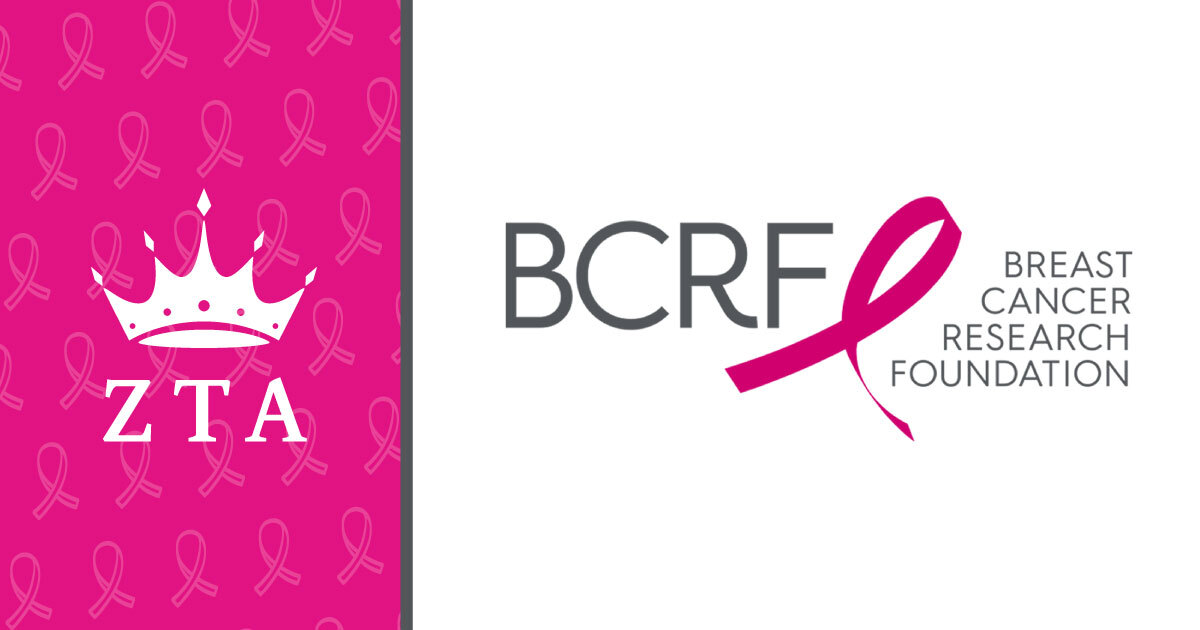News
Q&A with Breast Cancer Researchers

At Convention 2022, the ZTA Foundation announced a special grant of $500,000 to the Breast Cancer Research Foundation to fund an innovative two-year research project. The grant is provided to help celebrate the 30th anniversary of ZTA’s focus on breast cancer education and awareness as its national philanthropy.
The project brings together technology, in the form of artificial intelligence, and healthcare to explore a new predictive methodology that promises to be more effective, provide increased accessibility, and diminish the disparity and disproportionality of outcomes by making predictive screening easier, more accurate and more affordable.
Dr. Regina Barzilay, MIT Distinguished Professor of Engineering and head of the MIT Artificial Intelligence Lab, is leading this project. She is also a breast cancer survivor.
To help Zetas learn more about this groundbreaking research project during Breast Cancer Awareness Month, Dr. Barzilay and her co-investigator Dr. Adam Yala from University of California, Berkeley shared some insights:
Is this a new project, and does it have a specific name?
Yes, this is an exciting and new prospective validation study of AI in the clinic. This study will be a prospective trial of what is called MIRAI, our AI-based risk assessment model, in the clinical setting.
What made you decide to pursue this particular type of research?
Accurate cancer risk assessment is essential for early detection and prevention efforts. By tailoring screening programs to a patient's individual risk, we can catch cancer earlier, reduce over screening and identify cohorts to advance research in cancer prevention.
Recently, we developed MIRAI, an AI-based risk model, and showed that it significantly outperformed traditional tools in a global retrospective study across seven hospitals from five countries. These results suggest that MIRAI can offer broad, cost-effective, individualized and equitable improvements in care. To bring this technology to the clinic and change the current standard of care, we are excited to study MIRAI in this prospective trial.
What are the objectives of the project?
The primary aim of this study is to prospectively quantify the clinical benefit (i.e. MRI/CEM cancer detection rate) of MIRAI-based guidelines and to compare them to the current standard of care. We hypothesize that MIRAI-based high-risk screening will lead to improved diagnostic outcomes.
How will AI be used?
MIRAI is an AI model designed to predict the risk of future cancer directly from full resolution mammograms. The model was trained on a large dataset from Massachusetts General Hospital (MGH) in the United States, with examples of mammograms and associated future cancer outcomes (e.g., this patient has cancer diagnosis in four years, this patient has no diagnosis at all, etc.). From this data, MIRAI learned to identify subtle features in mammograms that are indicative of future cancer risk. We demonstrated that this model is significantly more accurate than traditional approaches, like the Tyrer-Cuzick, which uses coarse biomarkers like breast density.
What is the potential impact and/or possible outcomes from your research?
If successful, our trial results could lead to redefining national screening guidelines and improving patient outcomes at scale.